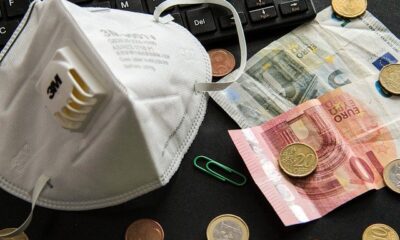The lockdown in industrial activity, as a result of the measures established to alleviate the pandemic, is going to have a notable effect on the world economy, on all companies, their activity, their results and, therefore, their competitiveness.
The uncertainty that has been added to all foreseeable scenarios poses an unknown future in which the dominant agents will be shaping and building as they go along, whether they be States, large corporations, consumers, national and international bodies and society in general, through their channels of participation and influence.
The estimated short-term economic effect will be negative at a global, European, Spanish and also Aragonese level. It is not easy to anticipate events since the economic consequences will depend on the sector and the companies’ capacity to adapt and respond. What seems clear is that there will be a change from the current model to a model with different structures, different agent behaviour modes and different relational links between them.
For businesses, the pandemic poses high risks, serious threats and new opportunities. Productive and commercial activity has been forced to stop at an unprecedented rate. As a result, costs have increased, there have been breaks in supply or excess stocks, demand has been deconstructed and future demand is expected to be guided by different rules. Moreover, unforeseen changes are anticipated in the behaviour of all agents, businesses, governments, consumers, families and society in general. The ability of companies to assess the current situation, anticipate trends and make their positions more flexible in the face of future scenarios is perceived as a determining factor in the success of their strategies.
Organizational learning from this human and economic catastrophe helps to mitigate its negative consequences. The pandemic may be of use, especially to all those companies that remained relatively well off, to assess the adaptation of their economic activity, its costs and risks, and to identify the main lines of improvement to deal with the near future. The idea is to take advantage of this moment to carry out a well-founded business and environmental analysis to detect those activities in which the company can contribute to creating wealth and improving social welfare. A fast, flexible and solid response will allow companies to adapt to the new changes that will come.
Some companies have already begun to adapt to the current context, for example, in the field of online commercial activity. As has been the case for teachers and researchers, companies have been quick to learn and have established their online business with some success. Other companies have been able to adapt their products or processes to new needs, demonstrating the capacity for innovation and preparation of their business network. This favours survival at a critical moment but requires a complete redesign of the organisation and its strategies for the future.
Many companies, especially SMEs, are overwhelmed by the dimension of change and future uncertainty and are wondering how they will be able to face the near future. Academic and professional models or methods help to evaluate economic activity itself (how its costs behave, how demand is expected to evolve in their business, where they can find new demand, or how their competitors behave or react, etc.). At present, the qualitative change under way invalidates decisional models based on previous experience or inertia. The aim is for these analyses to include the models that can incorporate effective qualitative change scenarios in future strategic decision-making.
Authors: Marisa Ramírez-Aleson & Manuel A. Espitia-Escuer
(The opinions expressed in this article are the sole responsibility of the authors)




